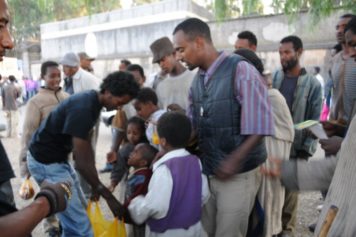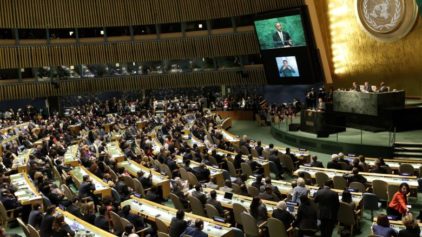The day of reckoning has come round yet again. On behalf of the world, the United Nations has set up a process for thinking about the next big thing to succeed the current Millennium Development Goals (MDGs) due to end in two years.
When at the turn of the new millennium, MDGs were adopted by more than 189 countries. They were a powerful statement of a world leadership intent on banishing poverty and hunger, putting every child through school, giving women parity with their male counterparts, and stopping unnecessary deaths of our infants and children.
It was a leadership determined to improve the health of mothers so that when giving birth to the next generation, they do not have to die in the process.
HIV/AIDS, Malaria and other killer diseases, which were on rampage, were to be stopped in their tracks while the sustainability of our environment was to be assured.
Indeed progress has been made in some of these goals. For example, results in poverty reduction have accelerated over the past decade. Fewer children are dying than was the case at the turn of the Millennium.
However, little change has been registered in many of the other goals, especially those to do with the preventable death of child-bearing women.
My wife, a communications practitioner and a fellow development activist, is convinced that, until women take charge of developing and implementing such goals, and make them effective and relevant to the problems that afflict them and the families they take care of, full success will continue to elude us.
I agree with her completely (which, by the way, is the safest way to keep peace in the home). Women do the heaviest lifting in sustaining humanity, especially in our African societies. They are the mothers, farmers, producers and reproducers. They are at the heart of keeping us well-fed and well-nurtured…
Read More: Warren Nyamugasira, One.org


